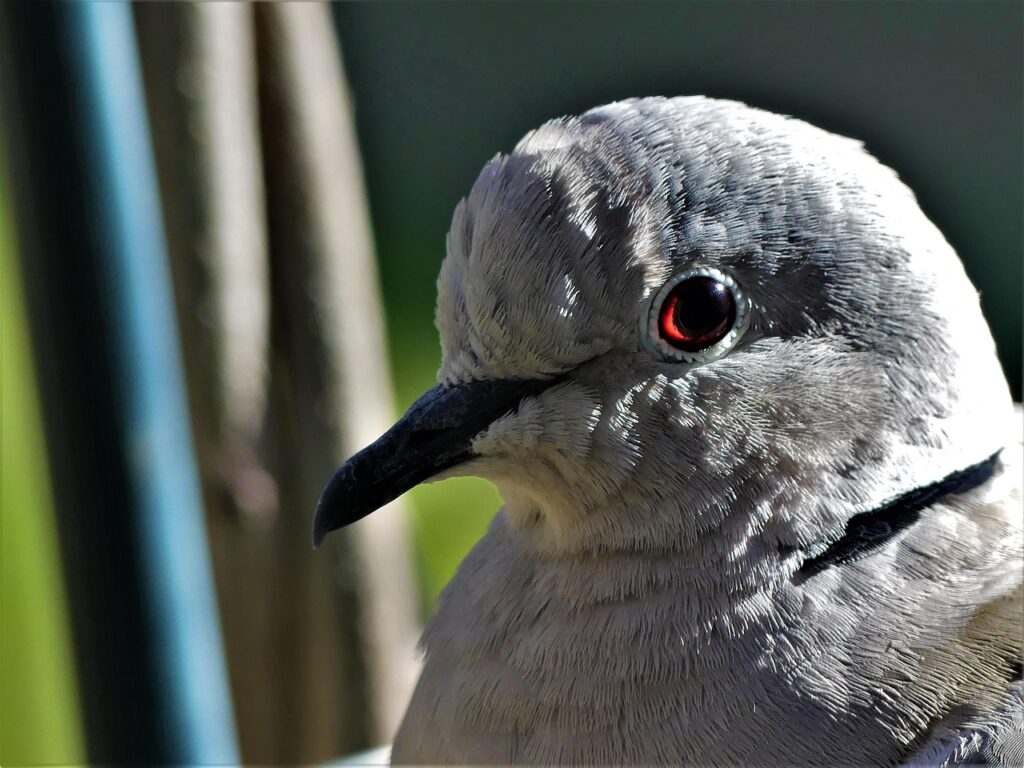From 2021 to 2024, Turtle Dove breeding pairs in Western Europe rose by 40%, adding 615,000 pairs, after a three-year hunting ban in France, Spain, and Portugal. This increase supports the UK population, part of the same flyway migrating to West Africa. Turtle Doves, identifiable by their orangey-brown and black plumage and soft “turr-turr” song, are the UK’s only migratory dove, breeding from May to August primarily in eastern and south-eastern England.
Their numbers collapsed—by 99% in the UK since the 1960s—due to intensified agriculture that removed low-level seed-rich plants and suitable nesting hedgerows, and excessive hunting of about one million birds annually before 2019. In response, the RSPB led an international conservation action plan in 2018, resulting in a hunting moratorium and development of adaptive harvest management to ensure sustainable future hunting.
Data from the Pan-European Common Bird Monitoring Scheme show rapid recovery, and limited hunting will resume in autumn 2025 under strict conditions. Meanwhile, Operation Turtle Dove—a partnership between RSPB, Natural England, Pensthorpe Conservation Trust, Fair to Nature, and Tesco—is helping UK farmers and landowners create seed-rich habitats, flowering areas, ponds, and hedgerows. Experts stress the need for government-funded agri-environment schemes to sustain these efforts and restore Turtle Dove populations.
Attributed to the this article by the RSPB
